Learning from one another is what BoldJourney is all about. Below, we’ve shared stories and insights from phenomenal artists, creatives and entrepreneurs who’ve successfully managed to overcome imposter syndrome.
Daniel Adkins
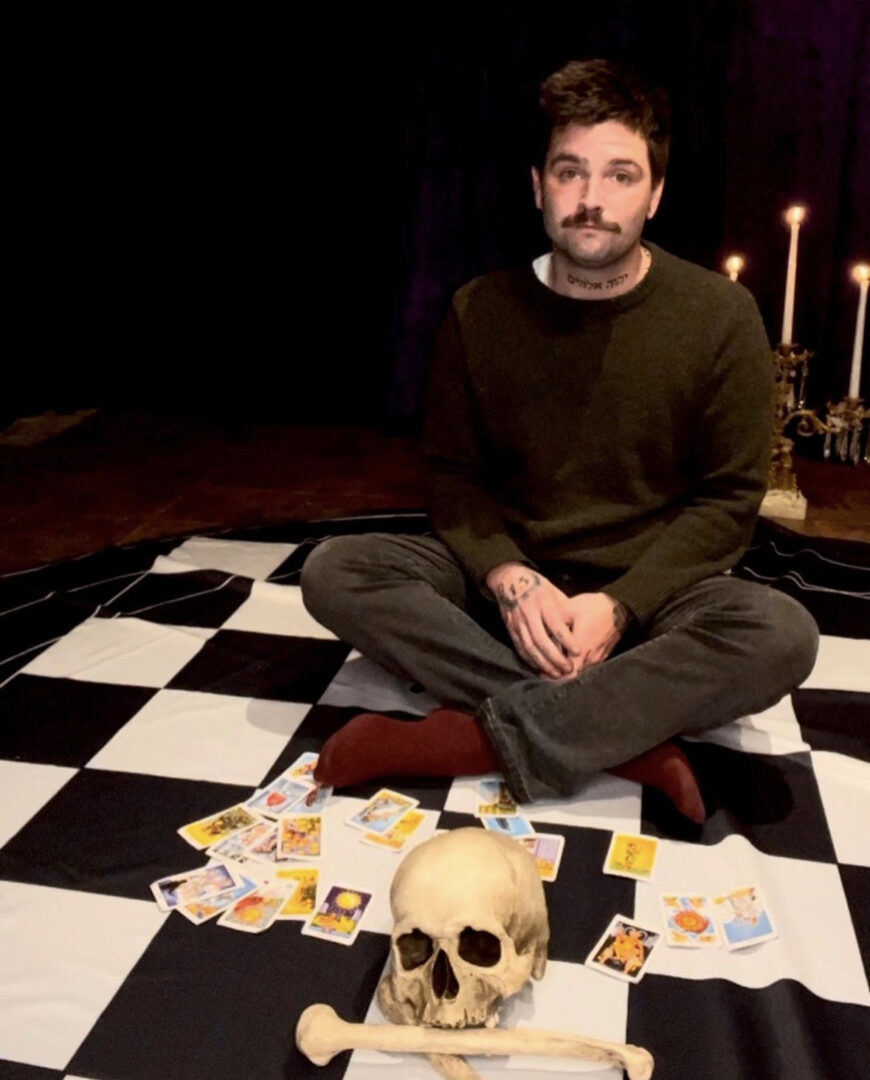
Do your best to ignore it and proceed forward anyway. Read More>>
Melynda Bly
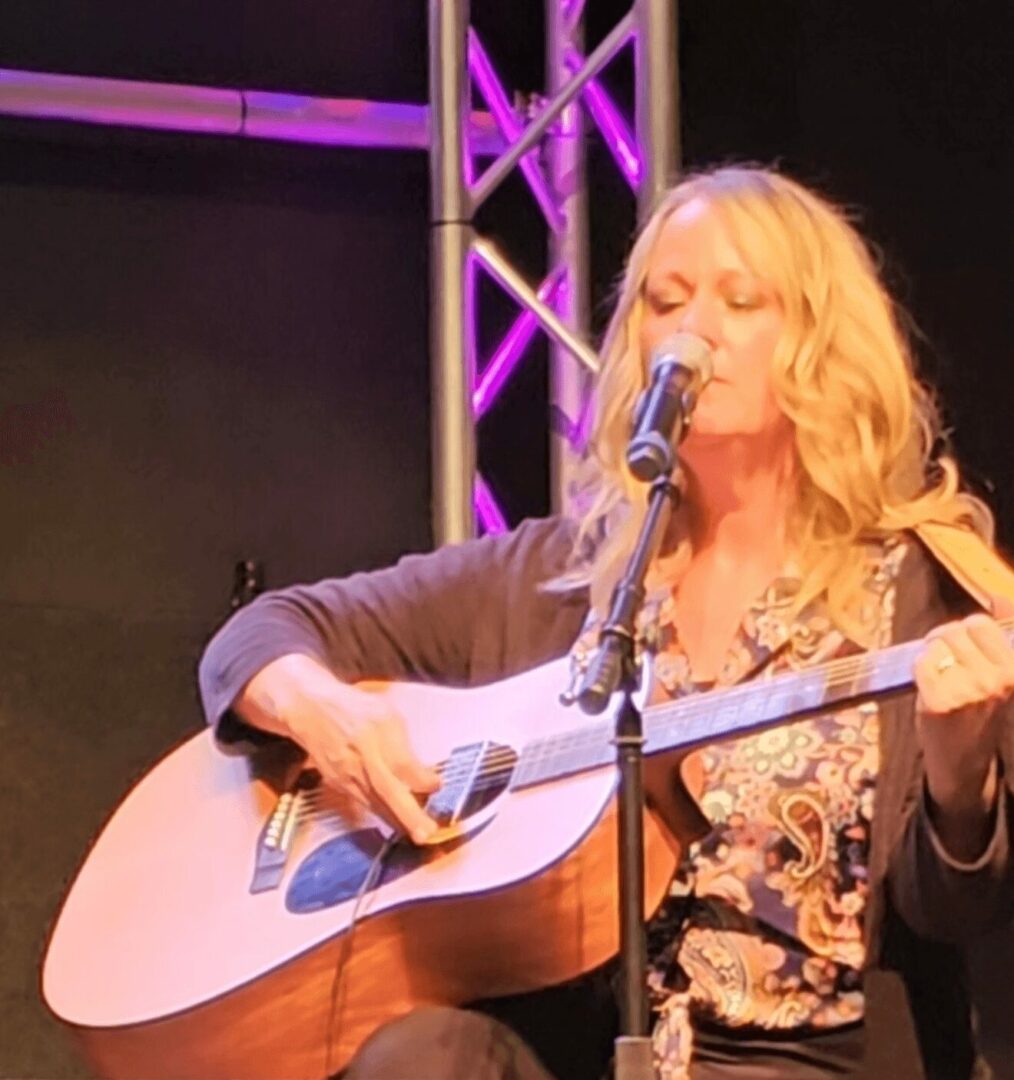
Imposter syndrome was a talk someone at my first songwriting retreat 4 years spoke about. I learned the first day that you should never compare where you are in your journey. You should never compare your voice, abilities, or measure of success with other people. Read More>>
Emylee Williams
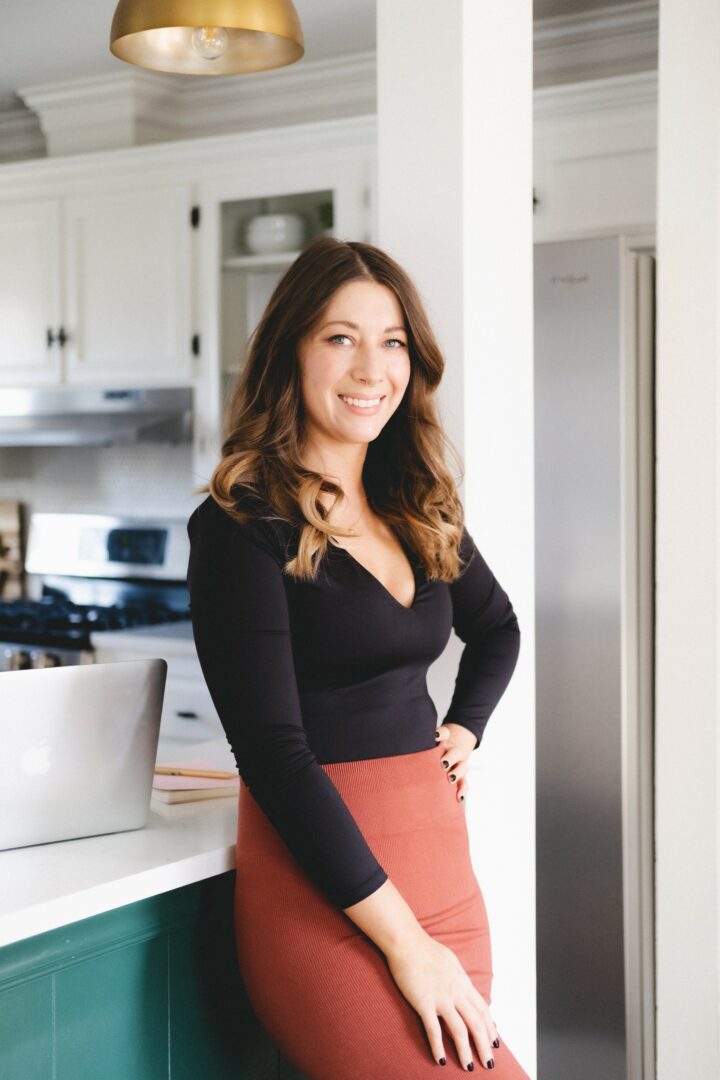
Listen, I absolutely used the Dunning-Kruger effect to my advantage when I started my business 14 years ago – I didn’t know what I didn’t know, and that beautiful delusion let me just DO IT anyway. Read More>>
Jeff Li

My name is Jeff, and I’m the General Manager & Co-Founder at Hanna Li Interiors.
When my sister Hanna and I founded the studio in our early 20s, I was thrilled—but also terrified. I had left a high paying tech analyst role in New York City, and we were stepping into the world of high end interior design in Los Angeles, a space dominated by industry veterans with decades of experience. Read More>>
Temria Airmet

Imposter syndrome can be really intense and difficult, especially in fields like dance where success is often subjective and competitive. Personally being in therapy as helped give me some tools that have helped boost my self confidence and realize my self worth which has been a game changer in battling imposter syndrome. Read More>>
Taylor Svetlichny
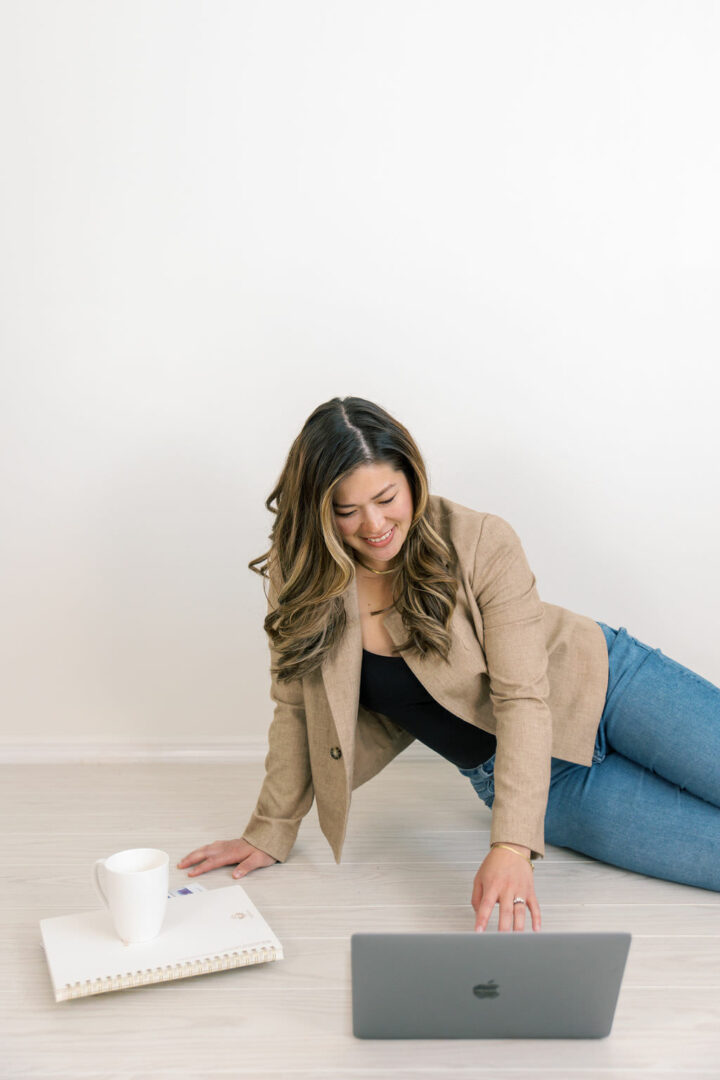
I struggled with imposter syndrome for many years, and my greatest growth came from learning to fully embrace myself. I realized that feeling like an imposter stemmed from trying to fit in and be who I thought others needed me to be, rather than embracing my uniqueness. Read More>>
Jacob Hoopes
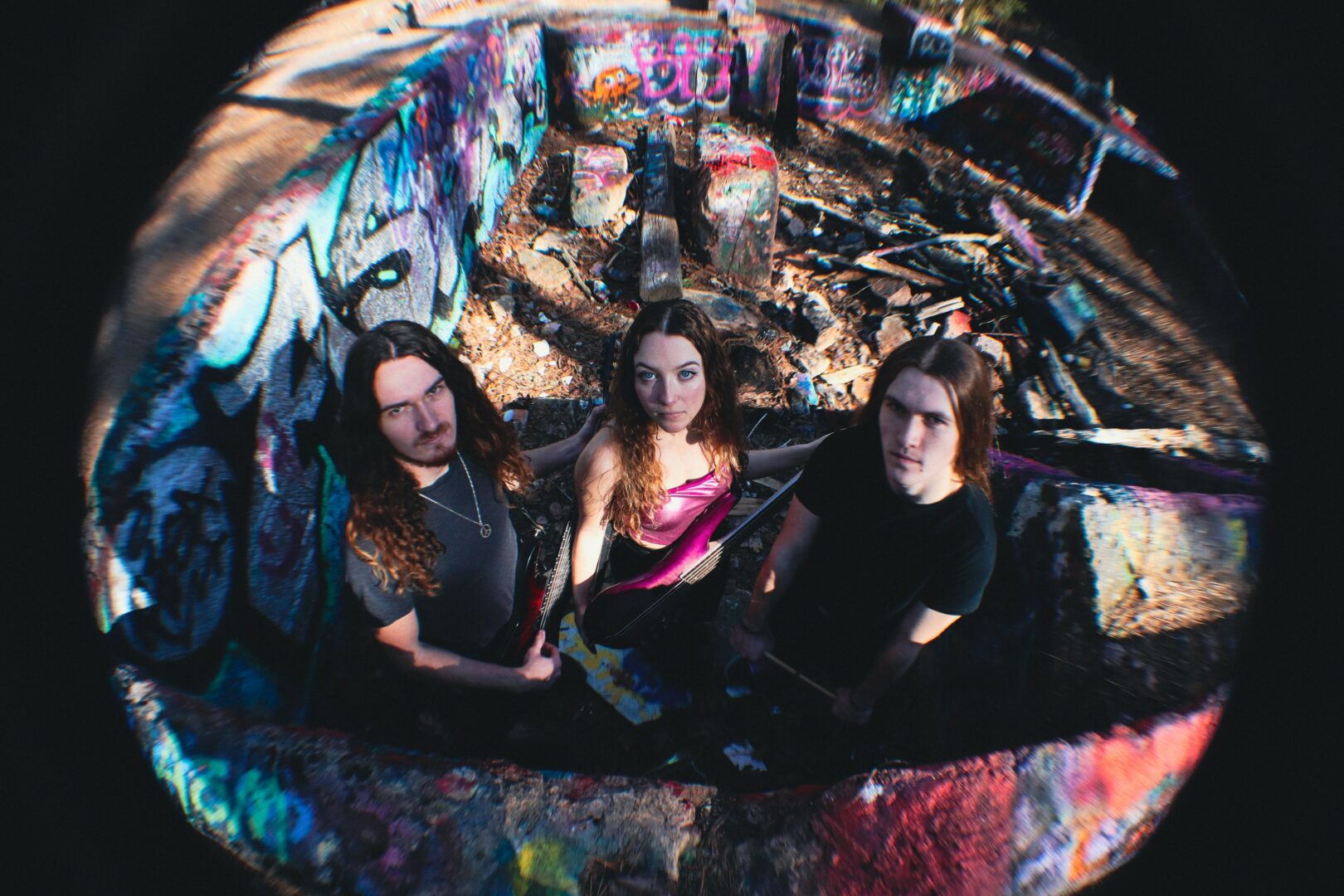
Overcoming imposter syndrome is difficult, but practicing things you are passionate about, growing in skill and competence, and recognizing that growth seems to be a pretty effective way to get over that hurdle. Read More>>
Tammy Von Nordheim
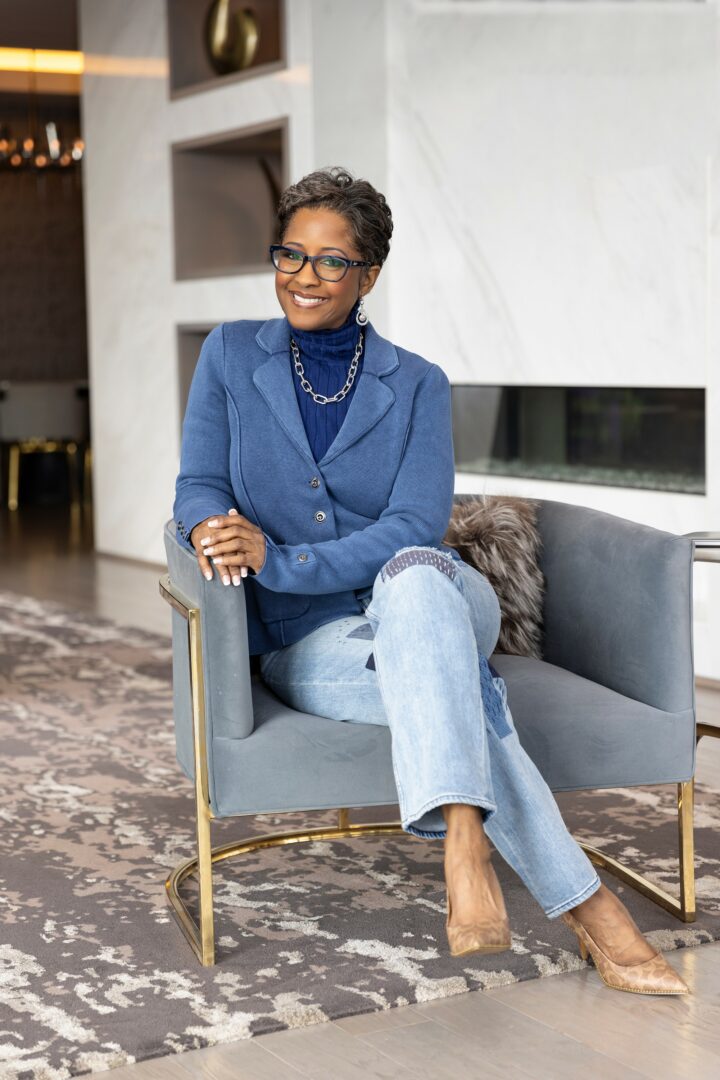
Growing up as a shy girl, teased for wearing glasses, having crooked teeth, being too skinny, and living in the country, I struggled to find my voice. Being deeply empathic and sensitive to others’ energy made it even harder. I often daydreamed about success, but self-doubt loomed. Read More>>
Ben
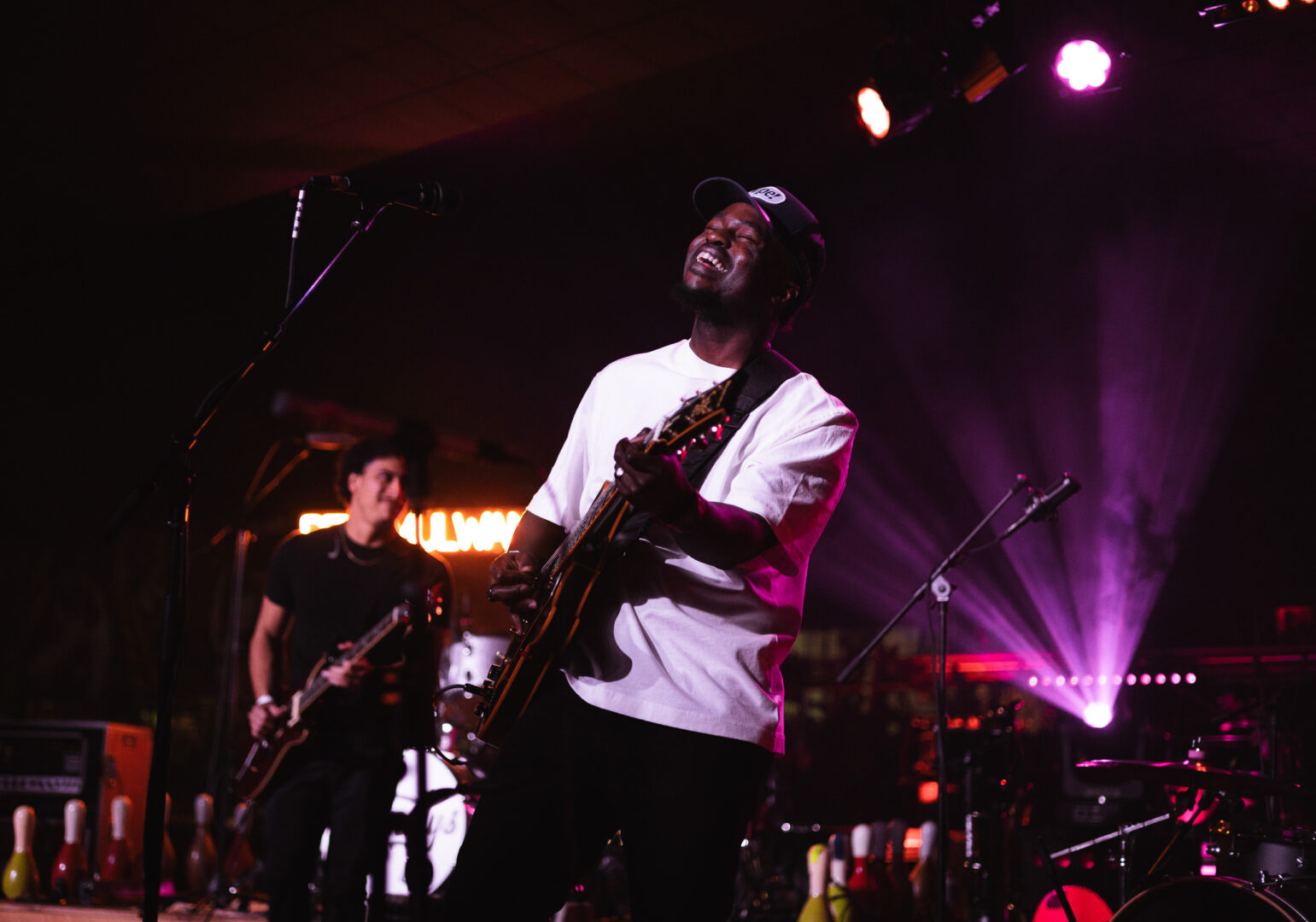
This is a very large question, I have come to believe that imposter syndrome is an enemy or villain that picks a battle with me every chance they get. In that sense I am not sure what overcoming would look like but I would at this point I have won more battles than I have lost. Read More>>
Faith Spicer
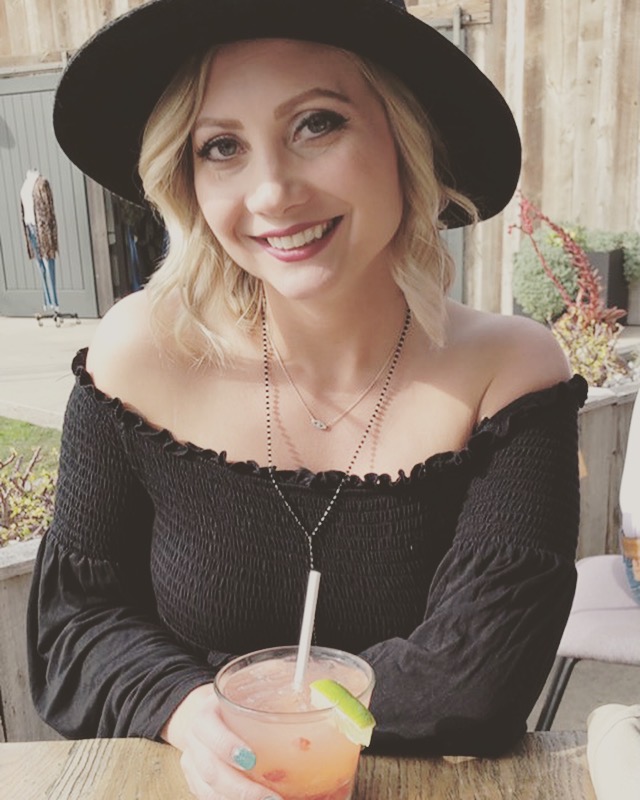
How I overcame imposter syndrome isn’t exactly an easy or short answer. It’s also something I don’t think I will ever fully move past. There are still moments where I question myself and my ability…. Read More>>
Bradley Glantz
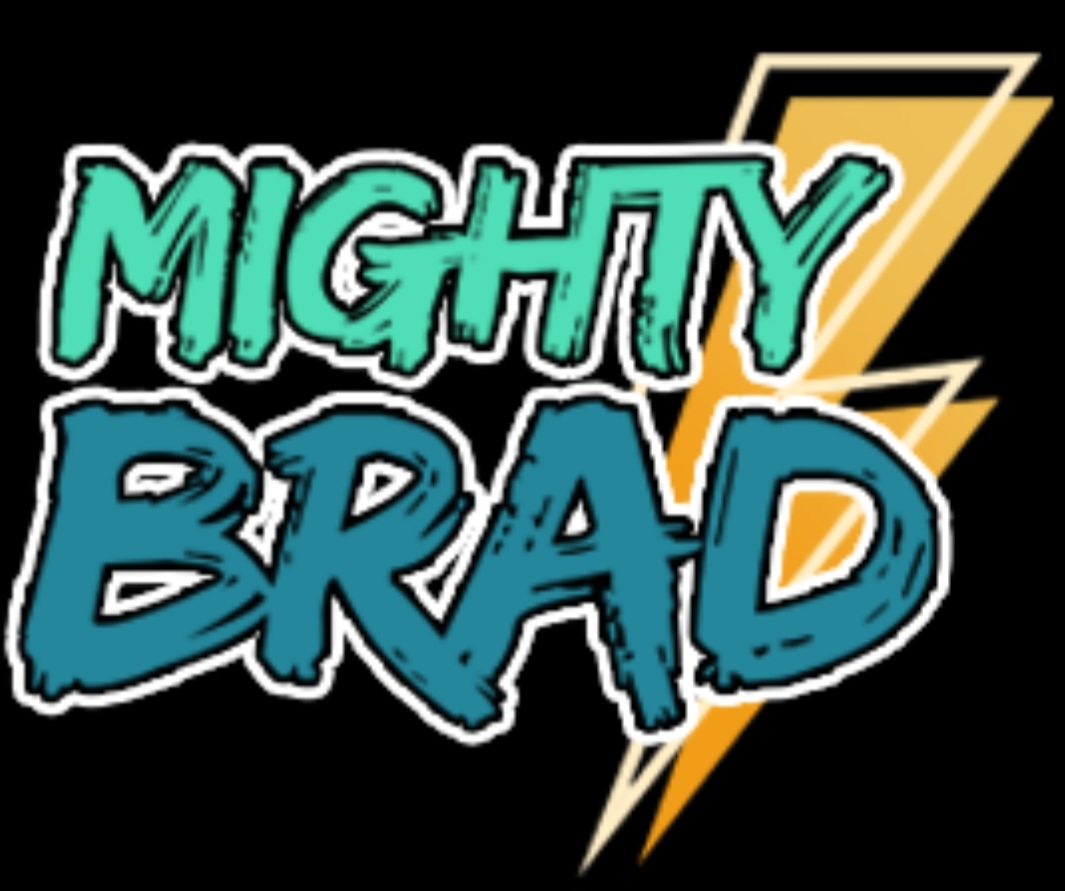
At 20 years old, I became a self-development coach and dropped out of university. Most individuals in my personal life not only thought it was insane that I dropped out of school but also threw a lot of criticism about me becoming a coach at my age. Read Morre>>
Matthew Reed Williams
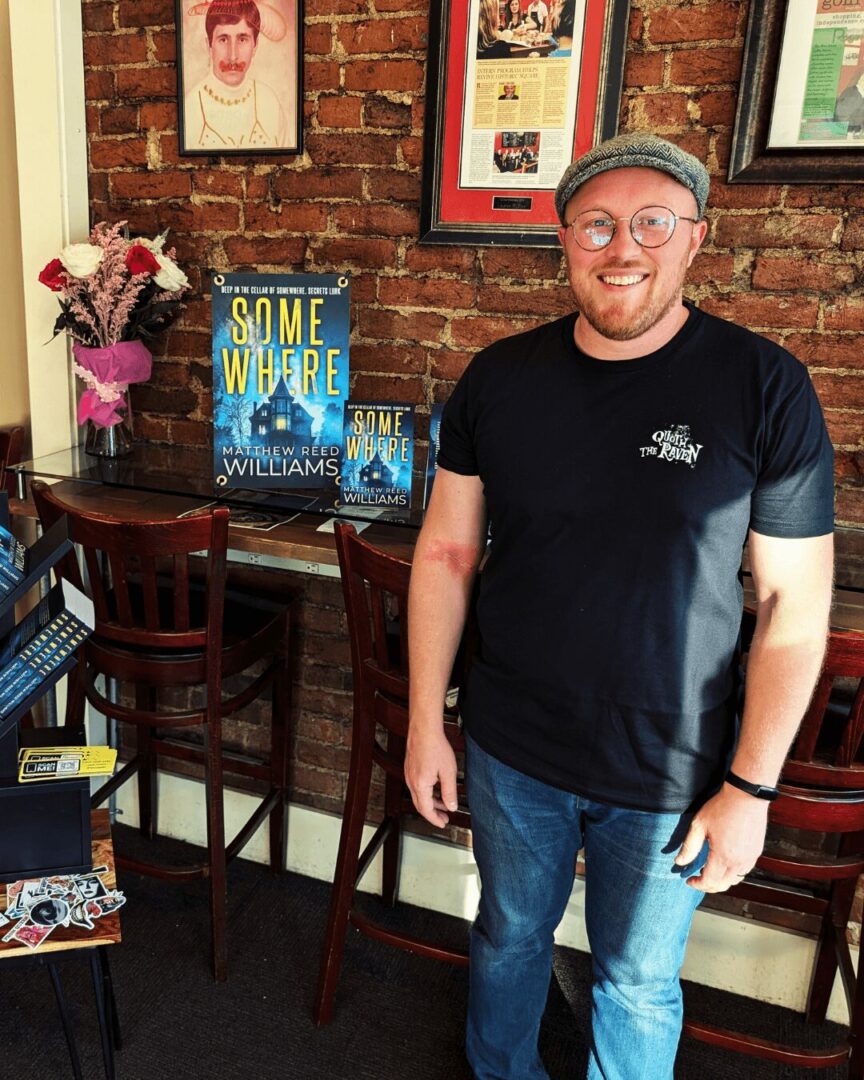
I like this question because it doesn’t ask when I stopped experiencing imposter syndrome or moved past it. The truth is, I carry it wherever I go. But yes, I think I have mostly been able to overcome imposter syndrome because of the rich community of indie authors. Read More>>
Olha Hanzenko
I wouldn’t say I’ve completely defeated imposter syndrome, but with experience, it’s definitely lost some of its power. Honestly, though, I think a little imposter syndrome can be a good thing—it keeps me on my toes and pushes me to keep growing instead of getting too comfortable. Read More>>
Leigh Vogel

I chose the topic of writing about how I overcame imposter syndrome. My answer is that I learned to understand it, yet I have not overcome it. Read More>>
Michael Calas

For a long time, I struggled with imposter syndrome, especially since I didn’t have a formal photography education. While my clients were thrilled with my work, being around other photographers triggered feelings of inadequacy. Read More>>
K.t. Jay

Overcoming imposter syndrome is something that as an author, I’ve had to do time and time again. I don’t know that it’s a one time battle, but rather one I have to keep fighting. Read More>>
Taylor Mosbey
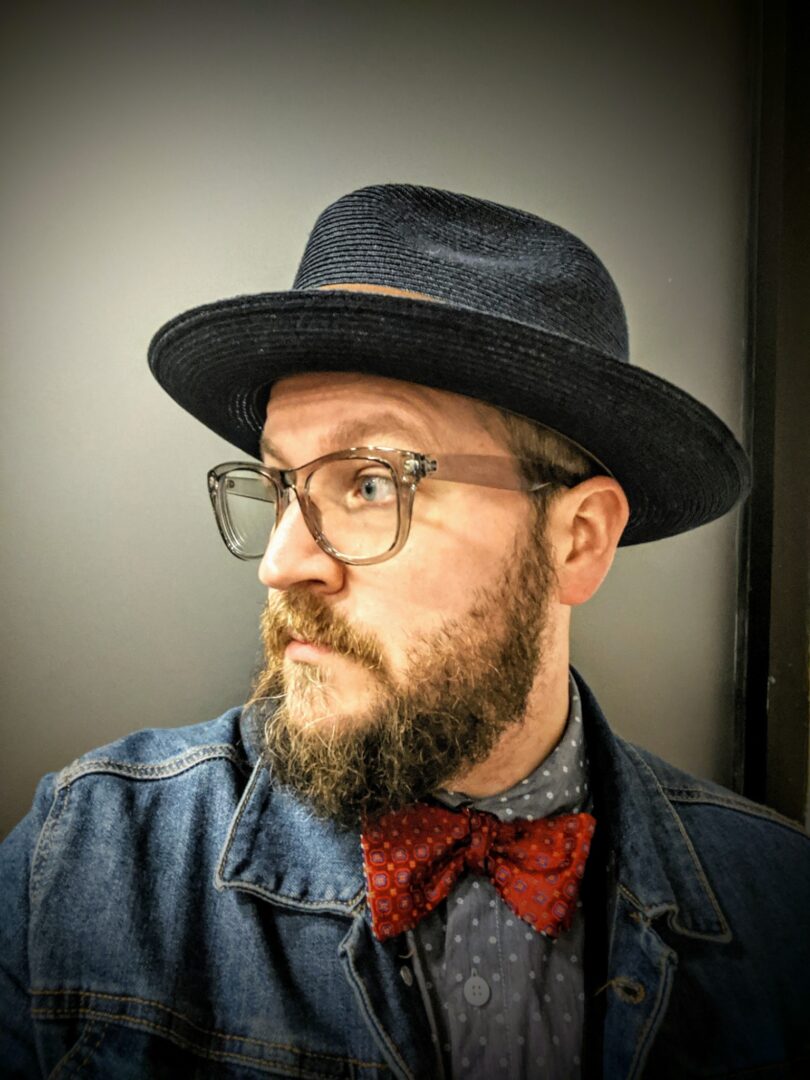
Okay, so, dealing with imposter syndrome is an ongoing process, not a one-time fix. To keep it at bay, I focus on building my self-awareness by recognizing what is the catalyst to those feelings of doubt, and actively monitoring my internal dialogue. I make sure to challenge any negative self-talk with concrete evidence of my skills and accomplishments. This is much easier than it sounds because I’m naturally self-deprecating. Read More>>
Becca Dawson

Imposter syndrome is something literally everyone experiences, especially when starting a new business. After working with so many entrepreneurs, I’ve realized that no one is an expert at everything — it’s impossible. No matter how great you are, someone will always be better than you at some aspect of the business you’re working to build. Read More>>
Heidi Haase
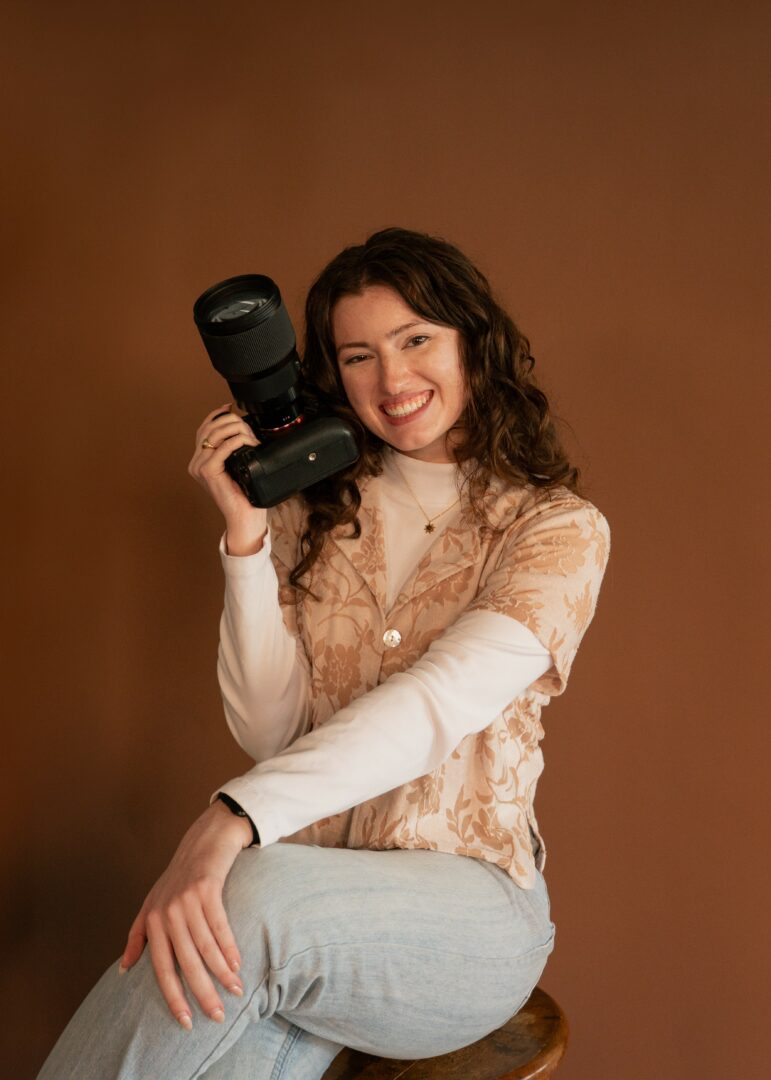
In the first year of starting my photography business, I dealt with a lot of imposter syndrome. Even though I had worked hard to develop my style of photography and advertise my services, I felt that there was no way I was good enough to for clients to actually like my work. Read More>>
Danielle Sweatman
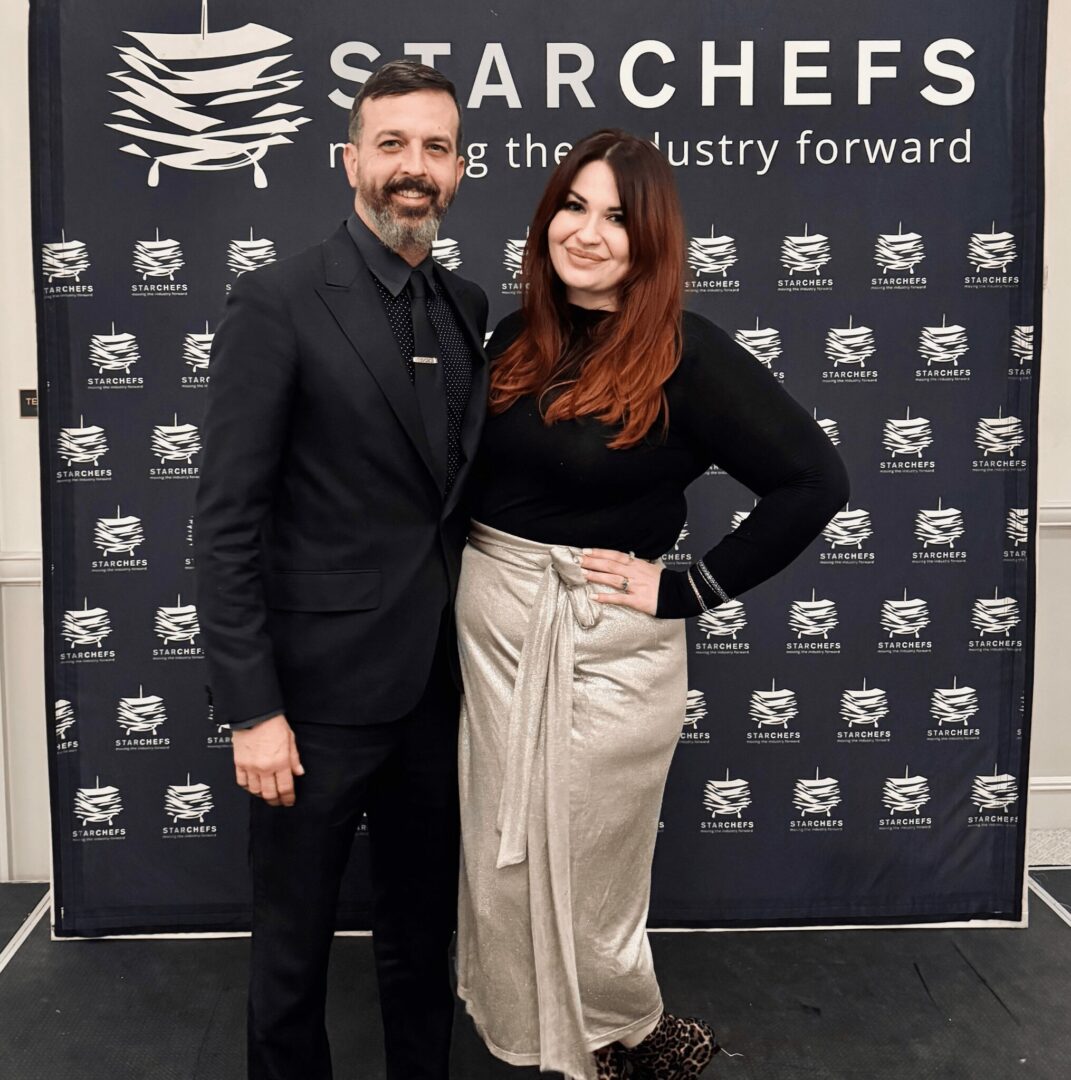
I have never been a “planner” – I have tried and failed to keep organized in traditional ways but always find myself winging it in the end. A lot of the time this makes me feel like I don’t really “have it together” and feeds the monster of imposter syndrome. Read More>>
Audrey Muller

I should preface with I don’t think that Imposter Syndrome is real at least not in the way that is primarily talked about. I truly believe that a lot of us use Imposter Syndrome, including myself in the past, as a way to hold on to our limiting beliefs and to rationalize our saboteurs before we become emotional intelligent enough to understand what’s really happening. Read More>>
Abigail Ross
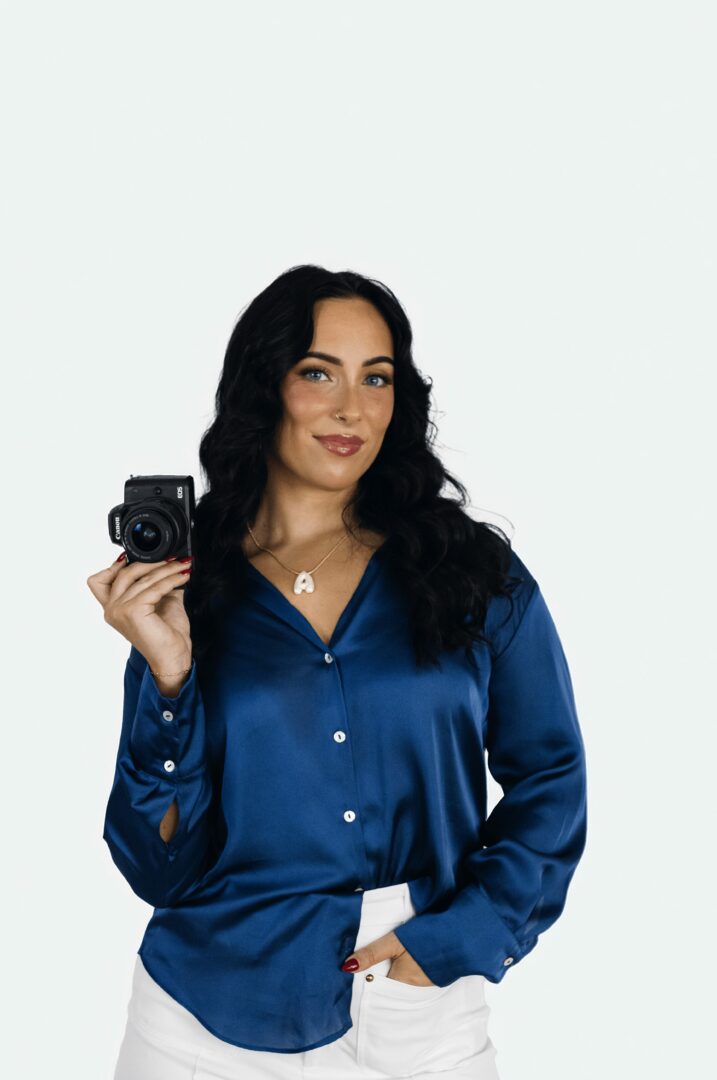
Starting my photography business at 15 was both exciting and terrifying. I was just a teenager, trying to turn my passion into something real, and honestly, I often felt like I wasn’t “qualified” enough to call myself a professional photographer. Read More>>
Ginny Davis
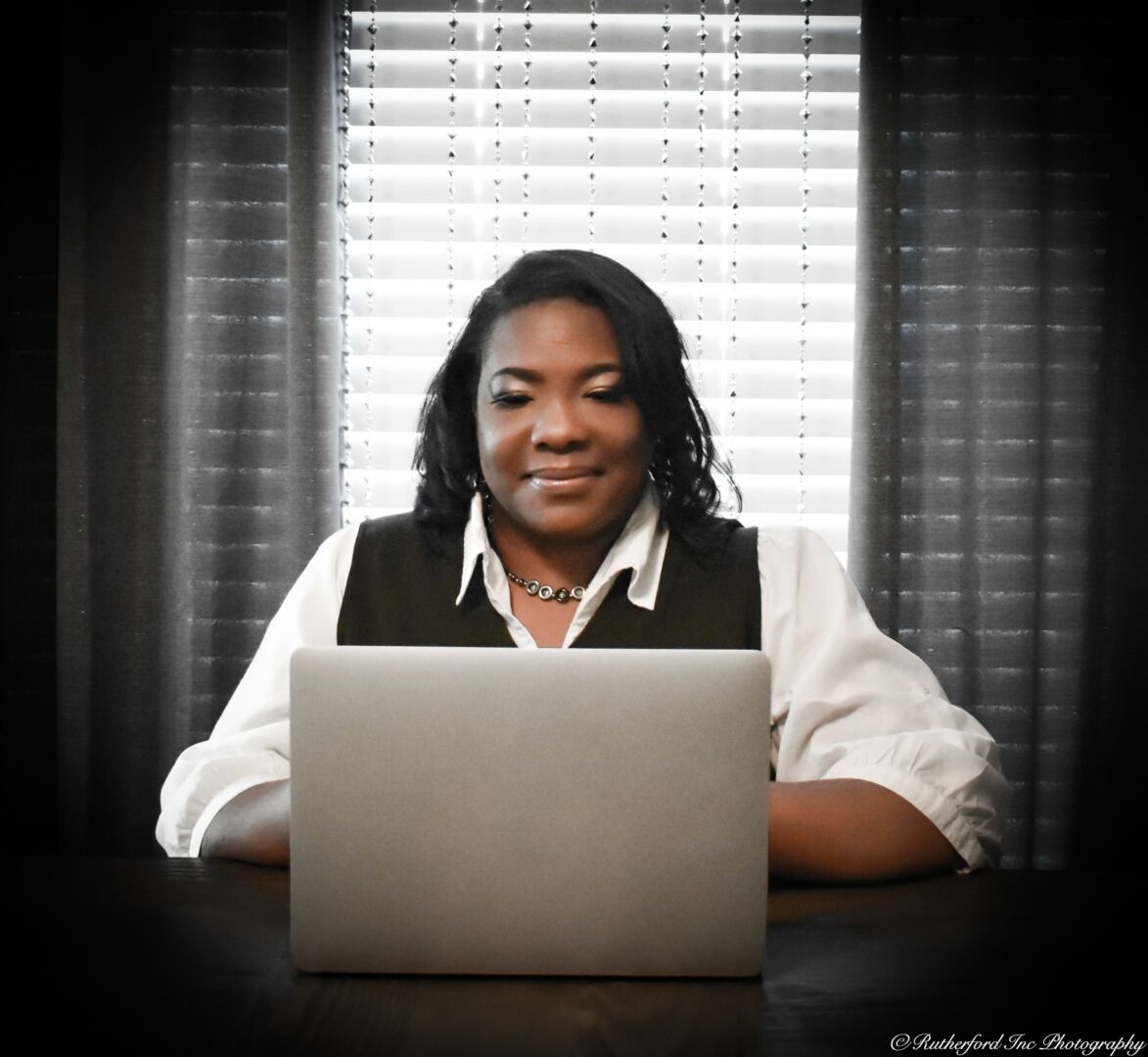
Imposter Syndrome is a weekly struggle. I find that when I am really doubting myself and my work, it’s always a reader that comes out of nowhere singing praises about my work. It’s even better when that praise comes from a fellow author. Read More>>
Britney Fan

Imposter syndrome is easy to fall into and incredibly tough to shake off, especially in a world driven by social media. I’ve personally felt the weight of it, struggling to break free from that cycle when it came to my art career. Today, there’s this constant pressure to maintain an image of success—like we have to prove we’re on top, or else we risk feeling like we’re falling behind. Read More>>
Tasha Fu

When I moved back to the U.S. after being raised in China as a child, I felt like an outsider in every sense of the word. I didn’t know the language, the culture, or how to fit in. I tried to connect with my classmates, but my words failed me. The more I struggled, the more isolating it became. From a young age, I carried the quiet weight of feeling like I didn’t belong. Read More>>
Domenico Pontoriero

Imposter syndrome is one obstacle that has been the most hurtful throughout my life and creative endeavors. For a long time, I would be embarrassed to even describe myself as an artist or musician or really anything of that sort. And I think that, to me, it all felt like play. Read More>>
Julia Weinberg
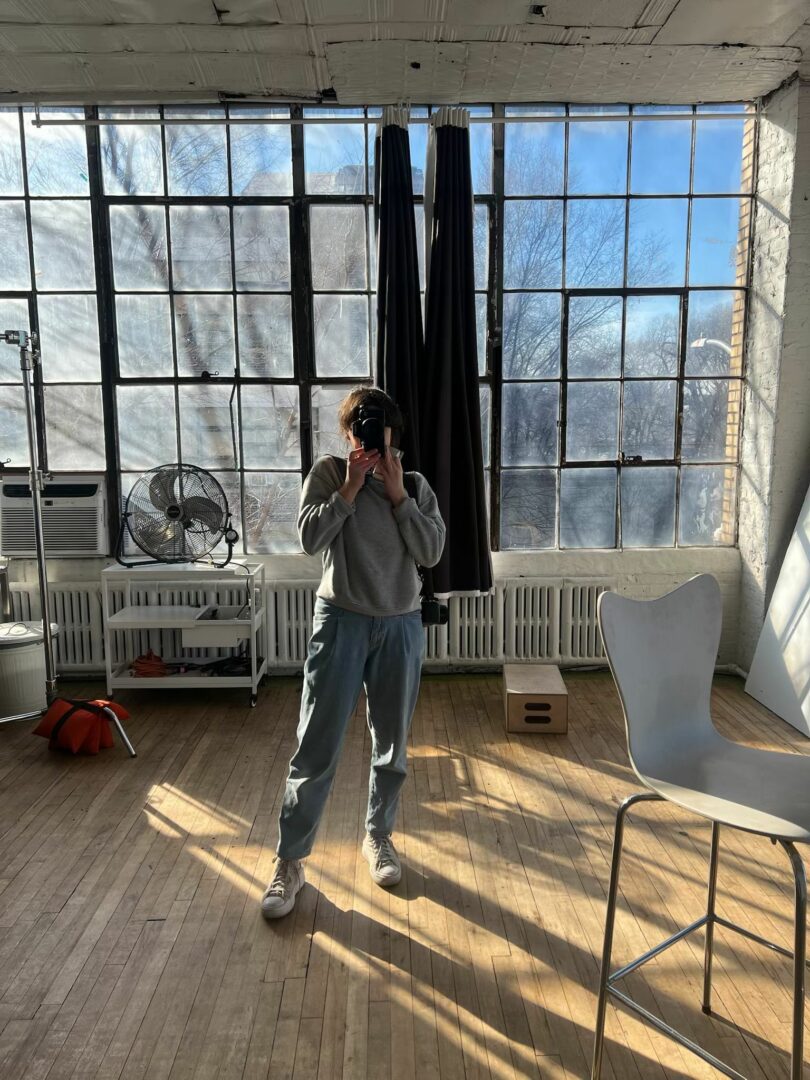
The reality is I haven’t entirely overcome imposter syndrome. As an actor, I feel confident walking into audition rooms and sets because I have years of education under my belt. With photography, I am primarily self taught so I don’t feel like I have a formal education to pull from all the time. Read More>>
Dave

Quite simply, by embracing it. If I continue to think I’m not good enough, I keep trying to be better, Read More>>
Madison Sexton

Imposter syndrome can be one of the most detrimental challenges anyone can face. Without self-awareness and a mindful approach to self-treatment, one can easily fall into an endless cycle of self-doubt and negativity. Read More>>










